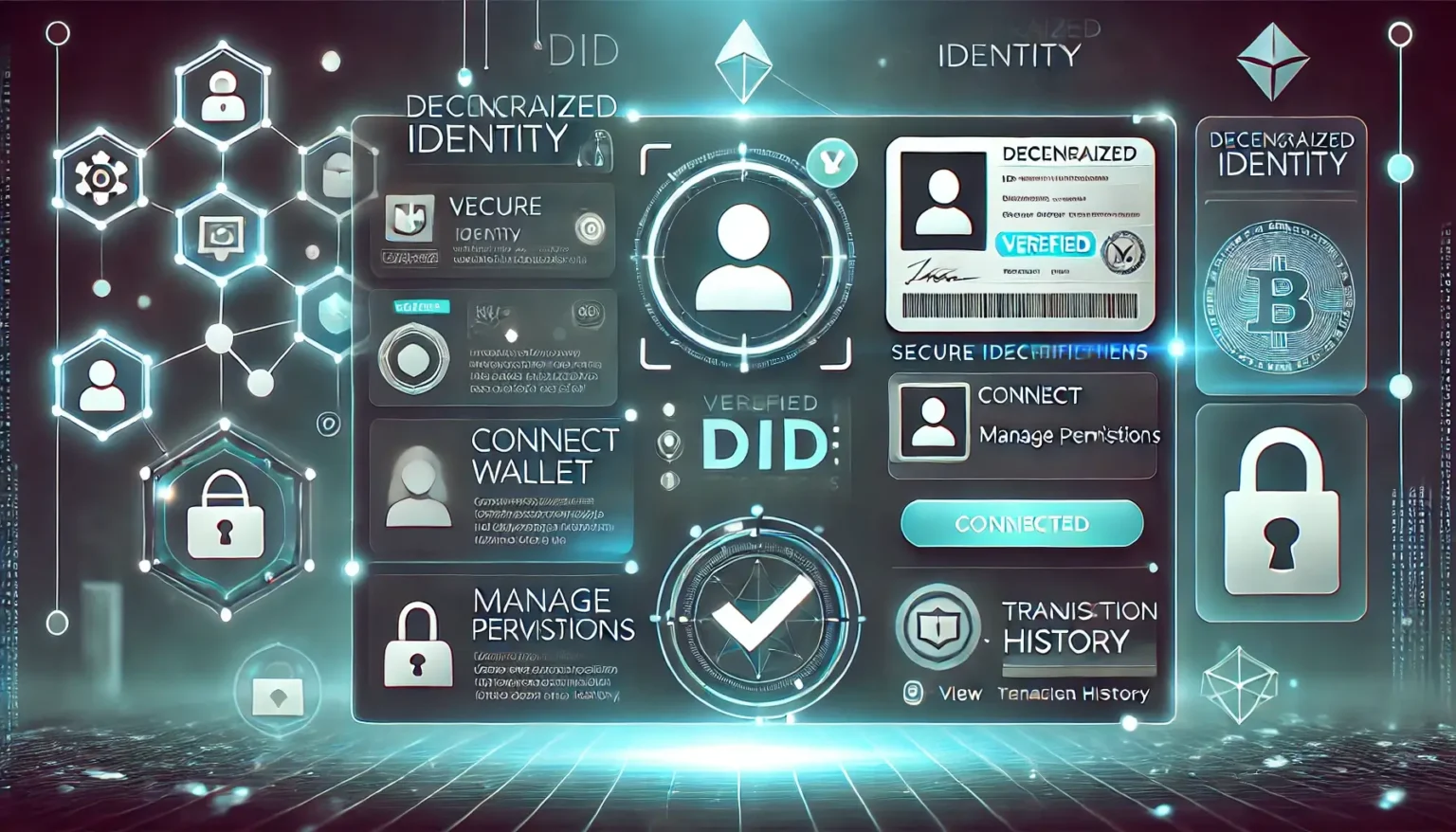
What Are Decentralized Identity Platforms?
Decentralized identity platforms aim to replace centralized models by giving users full control over their digital identities. Built on blockchain technology, these systems offer a secure and private alternative for managing identity data.
1.1 Core Features of Decentralized Identity
- Self-Sovereign Identity (SSI): Users own and manage their identity data.
- Blockchain Security: Identity information is encrypted and securely stored on a decentralized ledger.
- Interoperability: DID platforms are designed to work across multiple applications and services.
- Decentralized Verification: Credentials are validated directly on the blockchain, without intermediaries.
Prominent platforms like Civic, BrightID, and Ethereum Name Service (ENS) are already demonstrating the potential of blockchain-based identity systems.
2. How Airdrops Drive Decentralized Identity Adoption
2.1 Incentivizing User Participation
Airdrops provide free tokens to encourage users to sign up, verify credentials, or link their identities to blockchain applications.
Example: Civic
Civic used CVC token airdrops to attract users and showcase the benefits of its decentralized identity verification system.
2.2 Promoting Long-Term Engagement
DID platforms reward users for continued participation, such as verifying identities or engaging with other blockchain applications.
Example: BrightID
BrightID incentivized users to verify and participate in its identity verification network through targeted token airdrops.
Stay Updated
For the latest updates on decentralized identity solutions, blockchain trends, and cryptocurrency strategies, follow us on:
Stay informed with the latest blockchain insights at FreeCoins24.io.





